CALL OF DUTY: WARZONE iOS clients can now pre-request Call of Duty®: Warzone™ Versatile on their gadgets from the Application Store. Having quite recently outperformed 25 million pre-enrollments on Google Play, players who pre-request on the Application Store or pre-register on Google Play before worldwide send off will open admittance to all recently declared pre-request achievement rewards when the title dispatches one year from now. Also, presently we're reporting another staggering achievement award at 35 million! Beginning today, iOS clients can pre-request Call of Duty®: Warzone™ Versatile on their gadgets from the Application Store. Join a huge number of others in planning for a top notch Fight Royale experience all in the center of your hands, highlighting the exemplary Verdansk map and shared Fight Pass and cross-movement across Call of Duty®: Current Warfare® II and Call of Duty®: Warzone™ 2.0. Moreover, in festival of having recently arrived at 25 million pre-enrollments...
At the point when Marvel Comics nearly purchased DC ... truly
Envision a form of reality where Batman was one of the Marvel Universe's mystery superhero society the Illuminati, or where Superman is the head of the Avengers in Marvel Comics.
As unrealistic and exceptionally difficult as these thoughts feel in the present corporate comic book environment, in some expanding timetable of this present reality Multiverse (on the off chance that something like this exists) those practically unfathomable thoughts have worked out as expected.
Since in reality ... our reality ... Wonder Comics nearly purchased the distributing privileges to DC and every one of its characters way, thinking back to the '80s, in a move that would have relaunched the DC Universe as a Marvel engrave.
Like it or not (and accept us, a few fans ridiculously despise it), Marvel Comics has been the forerunner in standard American superhero comics nearly without interference since the Marvel Universe sent off in 1962's Fantastic Four #1(opens in new tab). DC, the senior legislator of the superhero comics game, has waited in runner up for basically 60 years. Furthermore, during the '80s, that opposition nearly found DC.
DC was hot off a lamentable disagreement the '70s in which the distributer enormously extended the quantity of titles it offered, in what was known as the "DC Explosion," just proportional its line back to a considerably more modest number of titles than it had before in an overwhelming flood of retractions named the "DC Implosion," in direct reference to the past "Blast" wording.
By the '80s, DC's comic book deals had sunk endlessly lower, while Marvel was arriving at one more prime of huge deals and significant standard consideration.
All thusly, in 1984, Bill Sarnoff, the Time-Warner leader who had at first bought DC during the '70s under the Warner Bros.' parent organization, contacted then Marvel Comics supervisor in-boss Jim Shooter to ask whether Marvel Comics would be keen on authorizing DC's characters, titles, and properties for distribution (with Warner Bros. holding the film and TV privileges for the characters).
That is very much a circle back from Marvel's initial days utilizing DC's parent organization, National, as a merchant for its own superhero comics, in an understanding that restricted the quantity of titles Marvel was permitted to distribute to only six.
DC was hot off a lamentable spat the '70s in which the distributer greatly extended the quantity of titles it offered, in what was known as the "DC Explosion," just proportional its line back to a considerably more modest number of titles than it had before in an overwhelming flood of retractions named the "DC Implosion," in direct reference to the past "Blast" wording.
By the '80s, DC's comic book deals had sunk endlessly lower, while Marvel was arriving at one more prime of enormous deals and significant standard consideration.
All thusly, in 1984, Bill Sarnoff, the Time-Warner leader who had at first bought DC during the '70s under the Warner Bros.' parent organization, contacted then Marvel Comics proofreader in-boss Jim Shooter to ask whether Marvel Comics would be keen on permitting DC's characters, titles, and properties for distribution (with Warner Bros. holding the film and TV freedoms for the characters).
Many years: Marvel during the '80s cover portion
That is very much a circle back from Marvel's initial days utilizing DC's parent organization, National, as a merchant for its own superhero comics, in an understanding that restricted the quantity of titles Marvel was permitted to distribute to only six.
"I let him know I figured Marvel would be exceptionally intrigued, and that I would examine it with Marvel's President, Jim Galton," Shooter's blog relates.
Be that as it may, as per Shooter, Galton at first scoffed at the thought, not altogether understanding the worth of characters like Superman, Batman, Wonder Woman, and the Justice League.
"Making an effort not to sound excessively frenzied, I made sense of that they were extraordinary characters and that the DC publication individuals were, in all honesty, doing an unfortunate occupation with them," Shooter's 2011 record states. "Also, that we could improve. Much better."
With that, talks resumed among Galton and Sarnoff - with the pair really agreeing to get the arrangement going. The arrangement to bring DC's whole distributing wing under Marvel Comics' domain got up to this point that Shooter even made a publication plan for which titles would start off the DC-as-Marvel time.
concluded that we ought to send off with seven titles and work from that point, assuming all worked out in a good way. The titles were Superman, Batman, Wonder Woman, Green Lantern, Teen Titans, Justice League, and Legion of Super-Heroes," expresses Shooter's account of the occasions.
It's actually significant that Shooter himself started out in the comic business as the essayist and periodic penciler of Legion of Super-Heroes in 1965 at the time of just 13.
Shooter's 2011 blog entry expresses that he assessed they would sell "39 million duplicates the initial two years," with an expected "pre-charge benefit of generally $3,500,000… Big cash for a comic distributer in 1984."
At the point when news broke of the approaching arrangement, outsider comic distributers, previously seeing always winding down benefits in the shadow of the approaching 'Enormous Two' of Marvel and DC, fought the arrangement.
One distributer, First Comics, ventured to such an extreme as to document an antitrust claim against the Marvel/DC manage the United States central government, charging that the consolidation of the two organizations would comprise a syndication in the comic distributing industry. Courts at last concurred, and the arrangement was suppressed.
Simply a year after the fact, in 1985, DC distributed Crisis on Infinite Earths(opens in new tab), reordering and rebooting its whole comic book progression, and arriving at a reestablished flood of deals. Yet again and toward the finish of the '80s, the distributer was getting basic recognition and, surprisingly, more expanded income from titles like Watchmen(opens in new tab), The Dark Knight Returns(opens in new tab), and The Sandman(opens in new tab).
In the end, however they never consolidated, Marvel and DC started a period of extraordinary hybrid all through the '90s with three volumes of Marvel Vs. DC, and what many fans think about a definitive DC/Marvel hybrid, Kurt Busiek and George Perez's JLA/Avengers.
Since the mid '00s be that as it may, there's been a more prominent distance than any time in recent memory between the 'Huge Two' distributers, with sparse reprintings of any past hybrids, and not even gossipy tidbits about any new authority gatherings between the legends of Marvel and DC.
On the opposite side of the coin, notwithstanding, Marvel itself was in the end bought by Disney, who transformed the comic book distributer into a mixed media diversion monster, with its own Marvel Studios films overwhelming the movies - with Disney in any event, proceeding to purchase twentieth Century Fox, perhaps of its greatest opponent in the entertainment world and the long-lasting holders of the film and TV licenses of the X-Men and Fantastic Four.
Simultaneously, DC remains part of the general Warner Bros. distributing wing, however Warner's new consolidation with Discovery has seen another sort of "DC Implosion" with various dropped and postponed film and TV projects, including a completely recorded Batgirl film that won't ever be delivered.
Throughout the long term, the absolute best non-Marvel/DC superhero universes ever have been consumed by the 'Enormous Two,' however there are likewise those that have gone the distance.
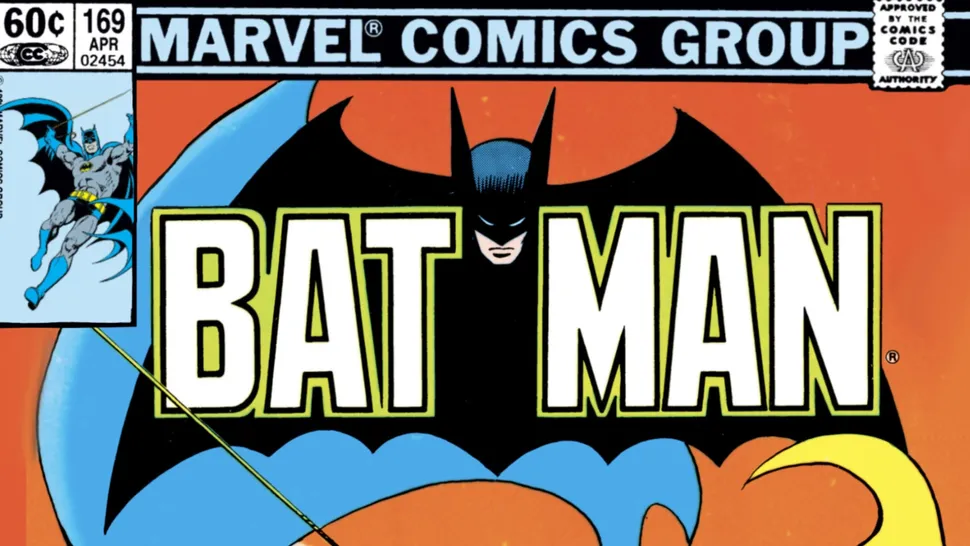
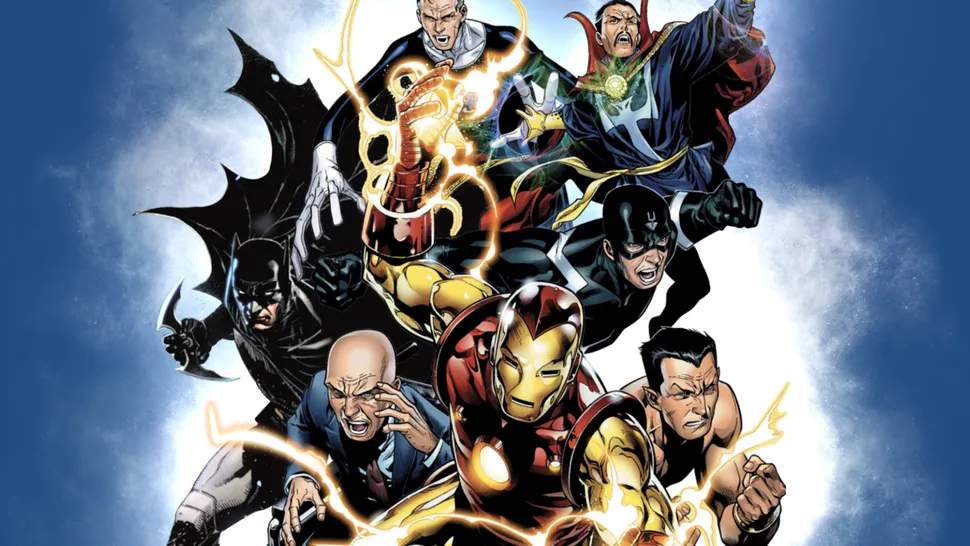
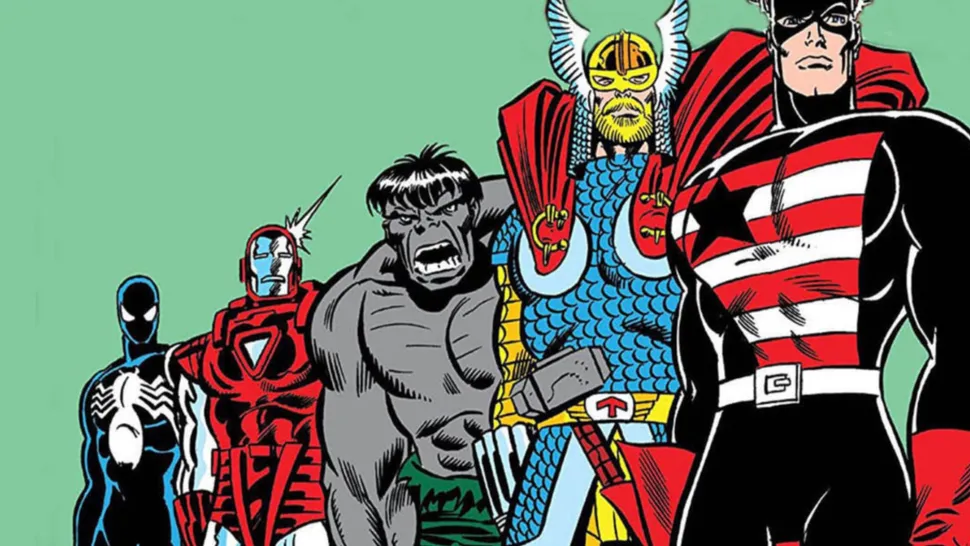
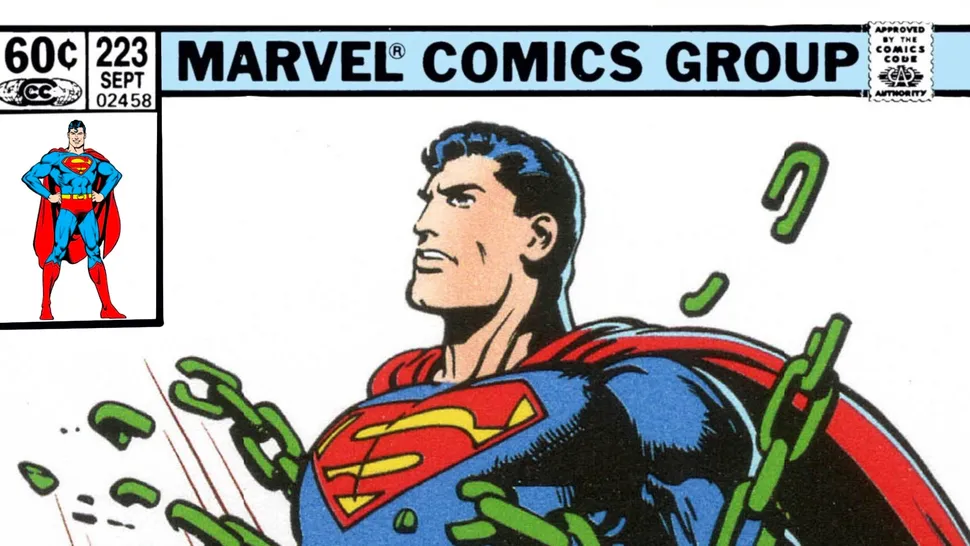
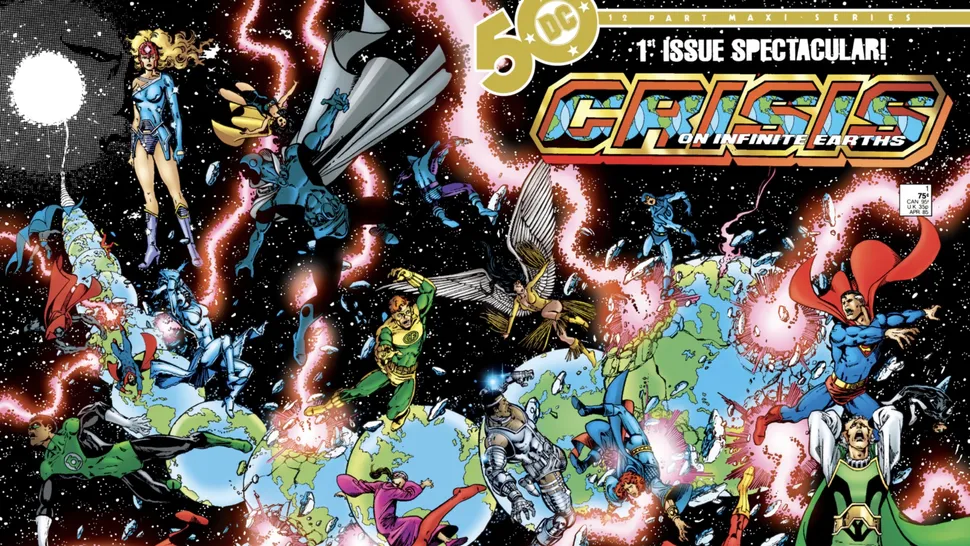
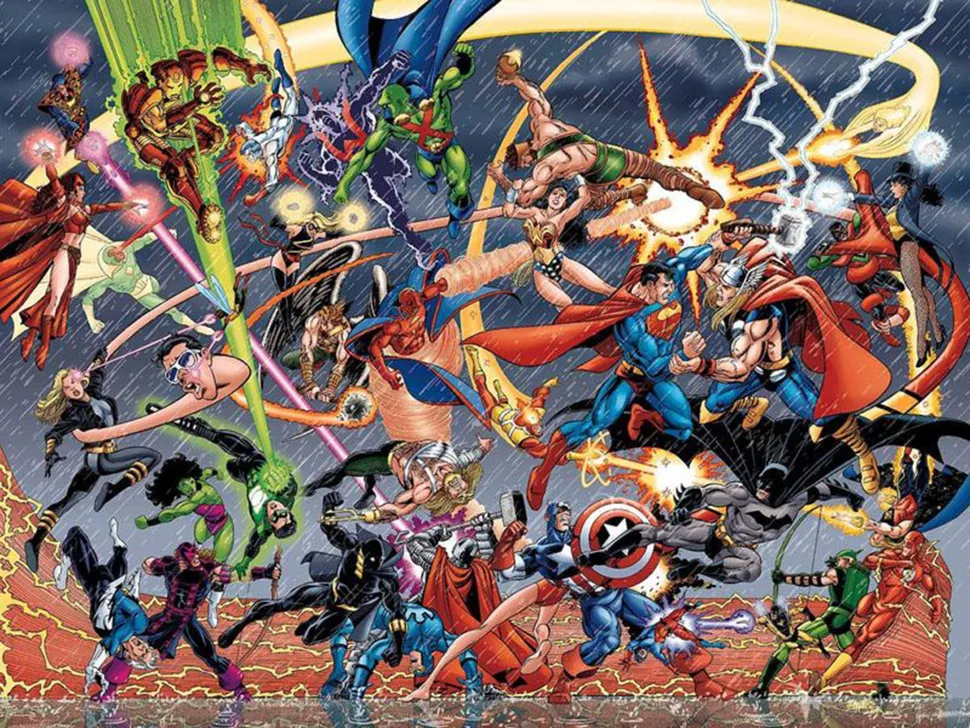
Comments
Post a Comment